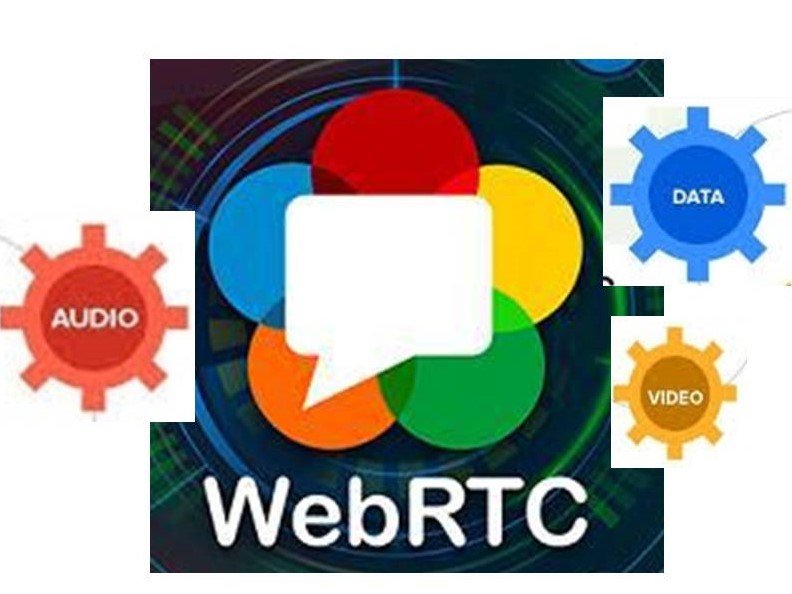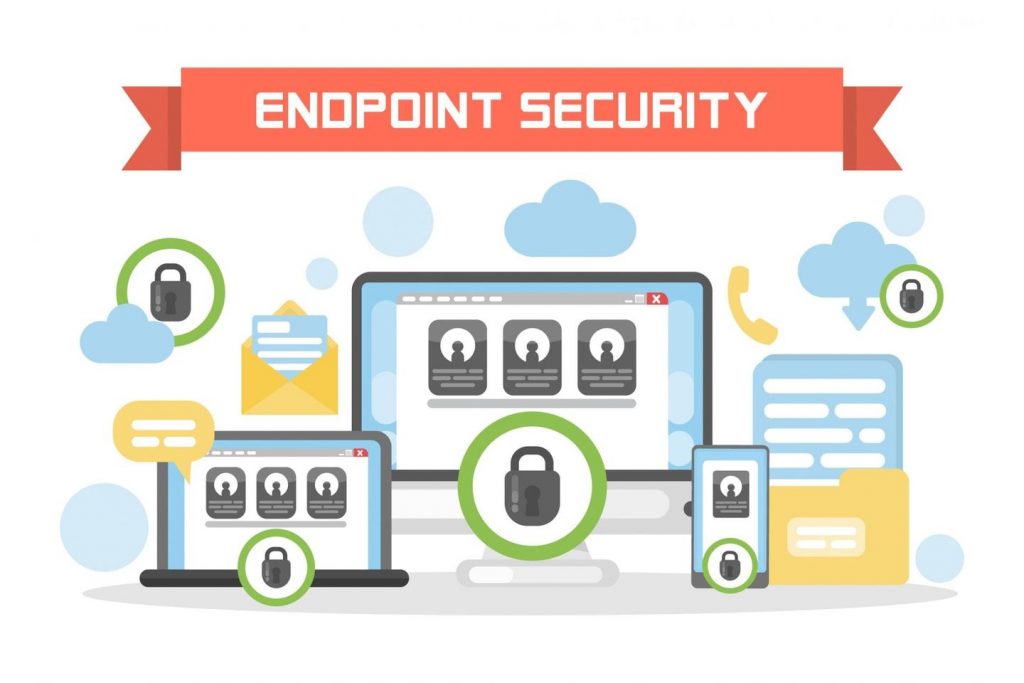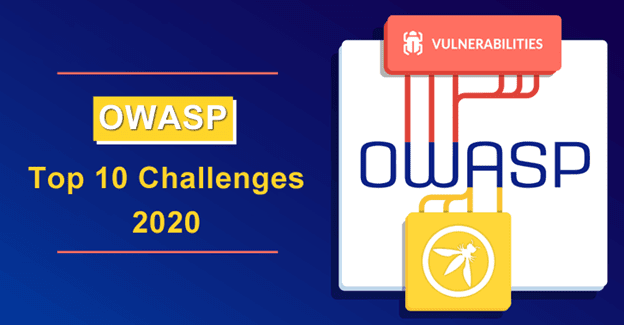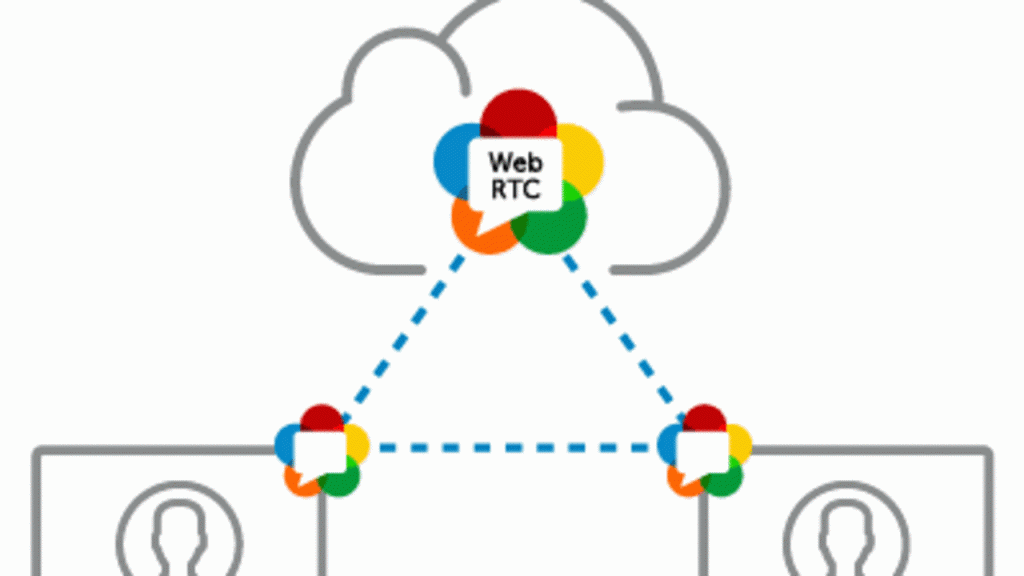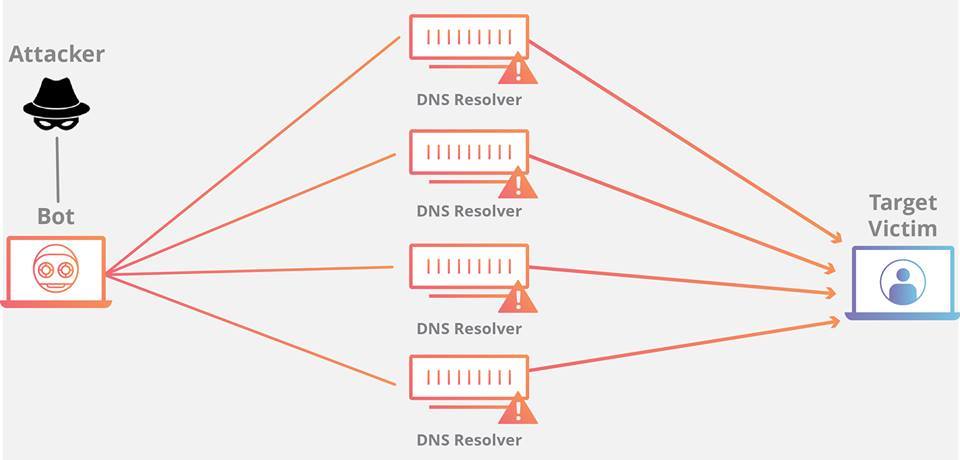Hewlett Packard bundles hardware/software to create an all-in-one cloud package
It’s been a tumultuous past year for Hewlett Packard Enterprise but this week the company is unveiling a series of new offerings intended to solidify its standing in the private and hybrid cloud computing market.
Key themes for HPE’s new cloud products are bundling software to make it more easily consumable, packaging that software with optional hardware to create an all-in-one cloud and being able to manage not only new, cloud-native workloads and technologies – such as application containers – but legacy and traditional workloads too.
“We are fundamental believers that hybrid cloud and hybrid IT is the new normal for enterprises,” says Senior Vice President and GM for Cloud at HPE Bill Hilf. “We get the great opportunity to talk to customers about not just their cloud needs, but all of their IT needs. Cloud is part of the discussion… but we really want to build technologies that allow our customers to take advantage of the hybrid world.” At the company’s annual Discover user summit in Las Vegas this week, HPE is announcing a handful of new product offerings in its Helion cloud portfolio including:
-HPE Helion Cloud Suite
This is a new, all-software bundling includes an OpenStack-based infrastructure as a service (IaaS) for building private clouds, a Cloud Foundry-based platform as a service (PaaS) for application development and HPE Operations Management tooling, for provisioning and managing physical and virtual infrastructure. Cloud Suite is meant to be the basis of a private cloud that customers would consume either behind their own firewall, or through a managed hosting partner.
Cloud Suite comes in three flavors: The Simple version enables basic infrastructure automation, self-service provisioning, metering, billing and governance. A Premium offering adds application development tools such as Helion’s Stackato Cloud Foundry-based PaaS. And an Ultimate edition allows the system to manage workloads in multiple public cloud providers.
-HPE Helion CloudSystem 10
CloudSystem includes the same software as what is in Cloud Suite but is bundled with HPE hardware. Hilf calls it a “turnkey system” for building a private cloud.
-HPE Helion Stackato 4.0
The newest version of the open source Cloud Foundry PaaS is sold in a bundle with the two offerings above or as standalone software.
-HPE Cloudline 3100 Server
Is a new storage appliance for service providers. It’s a 1U server that is 75% smaller than the 4U design Cloudline 5200.
All products are targeted for general availability in the second half of this year; pricing is not yet available.
A long and bumpy road to cloud
The moves are the culmination of more than a year’s worth of sorting out of the company’s cloud platforms. Last year the company announced it would discontinue its IaaS public cloud that was meant to compete with Amazon Web Services, Microsoft Azure, Google Cloud Platform and IBM SoftLayer. Instead, HPE has focused on private and hybrid cloud management, which are products that have been well received among analysts who track the market. Forrester has named HPE a leader in private cloud software for two years in a row in its Wave report.
Along with the split of the company, it made for what some believed to be a confusing time for HPE.
“Before these announcements, I believe the market was somewhat confused about HPE’s cloud offering,” says Carl Lehmann, an analyst at 451 Research. “HPE has a lot of technology and capability, but it wasn’t really structured and presented in a way that was easily understandable and consumable.” Cloud Suite and CloudSystem “pull all the pieces together,” he says.
The offerings will appeal most to organizations that are not ready to dive all-in on the public cloud and want a platform to consume a private cloud while also managing some public cloud resources, he says. “A lot of companies I talk to want to consume information technology, they don’t want to run it,” Lehmann says. “So packaged offerings like this I think will have a growing demand in the market.”
451 Research shows that organizations are routinely managing more than five environments that applications and workloads can be deployed to: on-premises virtualized or physical infrastructure, managed hosting, collocation or public cloud. HPE is attempting to allow organizations to control many of those environments centrally.
HPE will have challenges though, Lehmann notes. HPE is also “a little late” to the game, he says. IBM and Oracle each have strong hybrid cloud computing offerings that are already available on the market, and they both combine cloud-based SaaS apps in their portfolios as well. The company needs marquee reference clients who have bought into this strategy. “HPE’s got a lot of rivals to contend with, but now they’ll have much better positioning to do so,” Lehmann says.
networkworld



